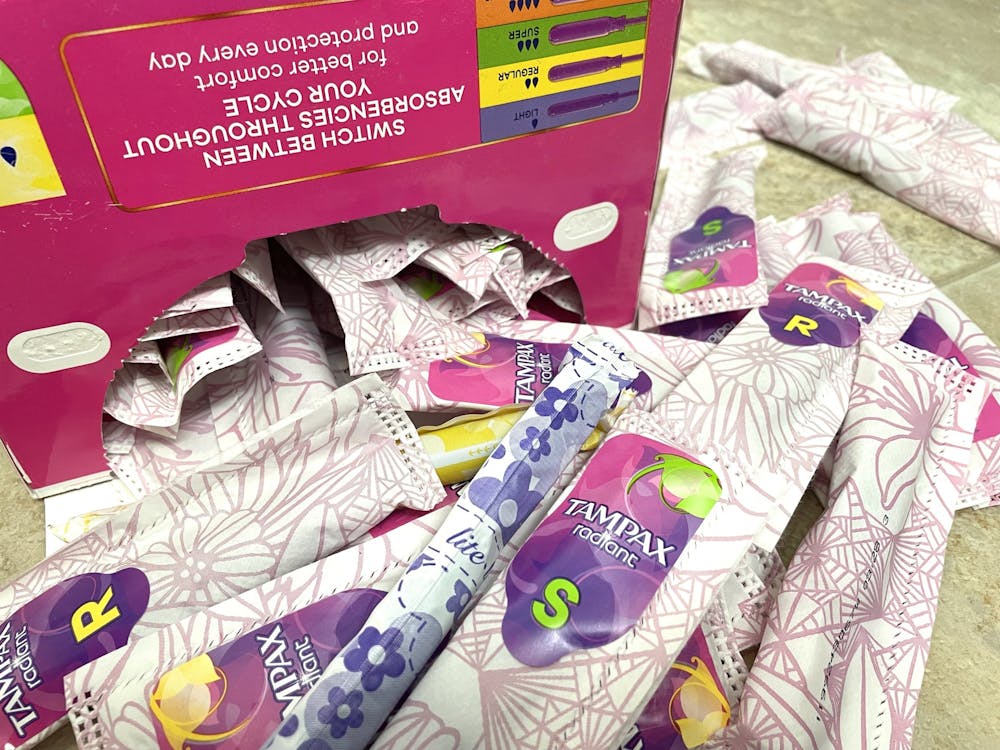"A step in the right direction" CMU community reflects on repeal of tampon tax
On Nov. 4, Gov. Gretchen Whitmer signed a bill removing the 6 percent luxury tax on menstrual products in Michigan. Whitmer said the decision was about providing the most basic healthcare needs without an unnecessary added financial burden in a press release.
Members of the CMU community gave their thoughts on the bill.
“Finally, it took them long enough,” Ravenna senior Kendall Parker, a member of Organization of Women Leaders said.
The luxury tax is supposed to be placed on goods that are considered unnecessary and non-essential.
“I honestly don’t understand why it (was) considered a luxury. If you ask any person who menstruates, it’s not a luxury,” Parker said.
For Parker and many other CMU students, lifting the tax felt like winning a decades-long battle.
“As a woman, I was extremely excited,” sophomore Brianna Thiel said. “Obviously, menstrual products are very expensive. I think it’s a great move for women and female empowerment.”
The new legislation will save consumers from paying taxes on up to $4,800 worth of spending on period products in their lifetime. It's a big accomplishment, but for many, money spent on tampons might otherwise go toward food, rent or other necessities.
Many feel that the battle is not over for people in need of menstrual products. Further action can begin at CMU.
Livonia sophomore Izzy Demers, believes the University should be stocking all of the bathrooms on campus with free menstrual products.
“We have such busy schedules. Someone who has a packed full day schedule and they can’t go get something that they need - having that in the bathrooms would be amazing,” Demers said. “There’s been times where I’ve had to leave classes and cut into my education just to go get something that I need, and it should be there for us.”
In many ways, Demers said, this goes beyond just a women’s issue.
“I definitely think having (menstrual products) in both bathrooms could be good for people who identify as a male that also need those products in the bathroom,” Demers said.
At one point CMU was stocking menstrual products in certain bathrooms on campus. However, recently the products have not been restocked.
Parker believes students of all genders should support access to menstrual products and gender equality in their own lives.
“Even if you don’t menstruate, you should still be concerned about this,” she said.
Students are not the only ones encouraged by this change. CMU alumna, Dr. Amy Kuechenmeister founded Women in Medicine, a registered student organization in 2013. Kuechenmeister now works to provide reusable pads to people who don't have access to the products they need.
She believes menstrual products should be free for everyone with a period, regardless of their economic status.
“I think that as a society, people are hesitant to ask for help because they're going to feel like they're greedy or they're embarrassed, they feel belittled,” Kuechenmeister said. “So that's why I think offering free products, especially at school, is so important because in my experience, the people who need the help the most are the least likely to ask for it and the least likely to take (it).”







